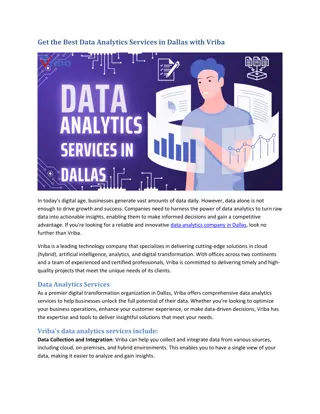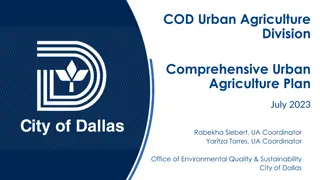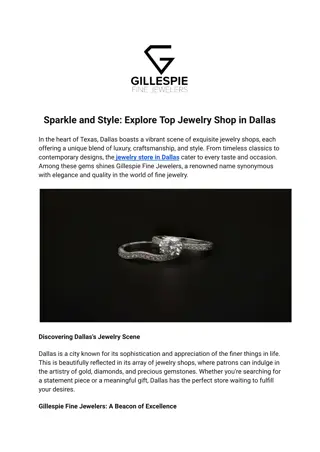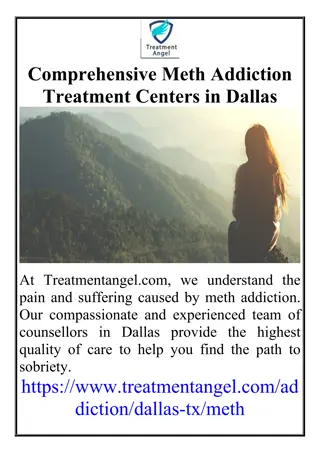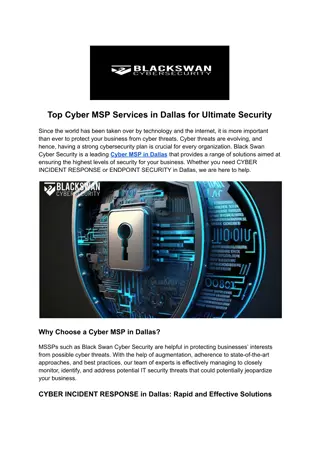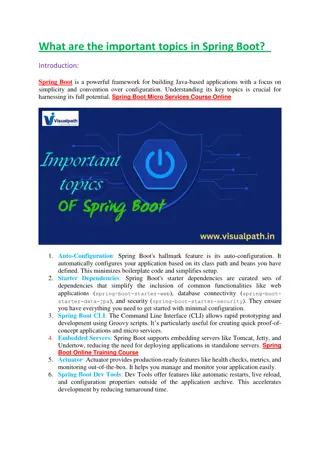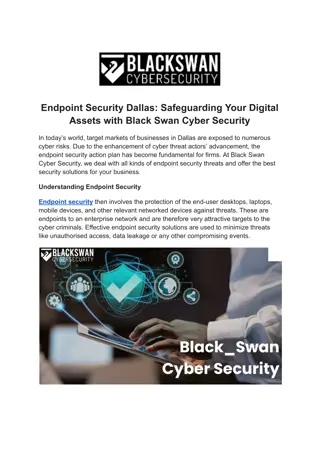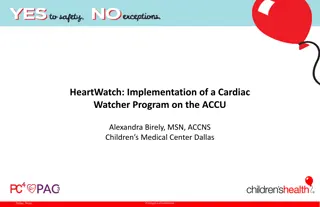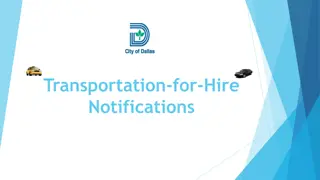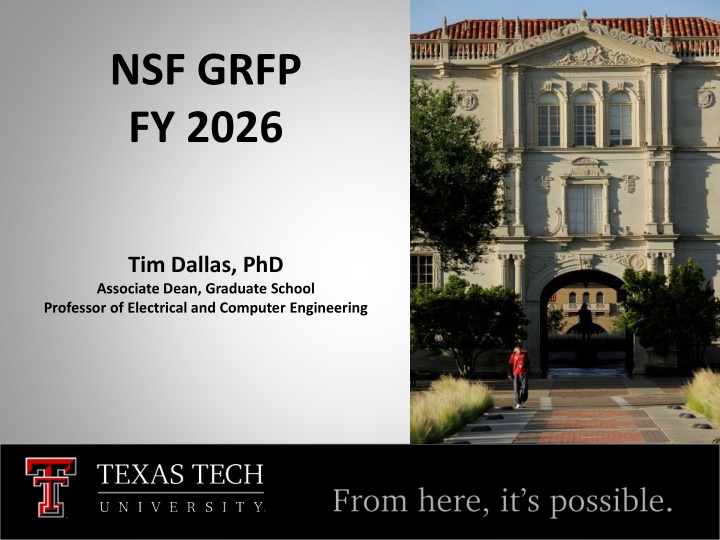
NSF Graduate Research Fellowship Program 2026 - Funding Opportunity for Science & Engineering Students
"Discover the NSF Graduate Research Fellowship Program 2026 providing $159,000 over three years to support students in science and engineering fields. Learn about eligibility requirements, program information, and submission deadlines."
Download Presentation

Please find below an Image/Link to download the presentation.
The content on the website is provided AS IS for your information and personal use only. It may not be sold, licensed, or shared on other websites without obtaining consent from the author. If you encounter any issues during the download, it is possible that the publisher has removed the file from their server.
You are allowed to download the files provided on this website for personal or commercial use, subject to the condition that they are used lawfully. All files are the property of their respective owners.
The content on the website is provided AS IS for your information and personal use only. It may not be sold, licensed, or shared on other websites without obtaining consent from the author.
E N D
Presentation Transcript
NSF GRFP FY 2026 Tim Dallas, PhD Associate Dean, Graduate School Professor of Electrical and Computer Engineering
The Why $$$$ Student + Research Funding Organization Trained Graduate New Knowledge Value Proposition Customer
Graduate Research Fellowship Program https://www.nsfgrfp.org/ The purpose of the NSF Graduate Research Fellowship Program (GRFP) is to ensure the quality, vitality, and diversity of the scientific and engineering workforce of the United States. GRFP seeks to broaden participation in science and engineering of underrepresented groups, including women, minorities, persons with disabilities, and veterans. ($37,000 +$16,000)/year x 3 years = $159,000 Stipend CoE
2026 NSF GRFP http://www.nsfgrfp.org Directorates: Biological Sciences Computer & Information Science & Engineering STEM Education Engineering Geosciences Mathematical & Physical Sciences Social, Behavioral & Economic Sciences
NSF GRFP Review them all! Eligibility Requirements: 1. Citizenship US, nationals or permanent residents of the US 2. Degree Requirements (several) a. Expected start date no later than Fall 2025 b. Senior year to second year of graduate school c. No prior MS unless 2 year break in studies and not enrolled in a graduate school 3. Graduate study leading to research-based master s and doctoral degrees in science and engineering.
NSF GRFP Program Information Read and familiarize yourself with the GRFP Program Solicitation: https://www.nsf.gov/publications/pub_summ.jsp?WT.z_ pims_id=6201&ods_key=nsf23605 Read and familiarize yourself with the GRFP application site: https://nsfgrfp.org/applicants/application- resources/
NSF Submission Deadlines Fellowship Applications: October 20 - 24, 2025 (tentative & varies by discipline) Letters of Reference: October ??, 2025 [5:00 pm ET]
NSF GRFP Applicants submit the following information: Personal Information Education and Other Experience Field(s) of Study Graduate School Information Personal, Relevant Background and Future Goals Statement (3 pages max) Graduate Research Plan Statement (2 pages max) Eligibility Statement (extenuating circumstances) Transcripts Reference Letter writers (3) must be strong
NSF Review Criteria The following elements should be considered in the review for both criteria: 1. What is the potential for the proposed activity to: a. Advance knowledge and understanding within its own field or across different fields (Intellectual Merit) b. Benefit society or advance desired societal outcomes (Broader Impacts) 2. To what extent do the proposed activities suggest and explore creative, original, or potentially transformative concepts? 3. Is the plan for carrying out the proposed activities well-reasoned, well-organized, and based on a sound rationale? Does the plan incorporate a mechanism to assess success? 4. How well qualified is the individual, team, or organization to conduct the proposed activities? 5. Are there adequate resources available to the PI (either at the home organization or through collaborations) to carry out the proposed activities?
Personal Statement Cohesive & Compelling Narrative PRESENT FUTURE PAST How have I bettered myself? How have I benefited others?
Personal, Relevant Background and Future Goals In this section you are convincing the reviewers that you have the: educational background experience leadership motivation other positive personal and professional characteristics to successfully carry out the research proposed
Personal, Relevant Background and Future Goals Intellectual Merit Why you? What do you bring that will make you successful, a leader in your field? Describe your previous research experience(s) What did you contribute? What did you learn (e.g., skills experimental, software, hardware, inter-personal, etc.)? Tie in your background (education and experiences) with what you plan to do (future goals).
Personal, Relevant Background and Future Goals Broader Impacts How did you, personally and/or through your past research, impact society beneficially? Reviewers are impressed with what you have done, rather than will do. How do you plan to actively participate/give back to society? Don t exaggerate, be reasonable. Have you had to overcome a unique challenge?
Graduate Research Plan User Facilities Other Researchers Other Universities Equipment Supplier BIG IDEA Experiments Design Calculations Simulations Data Analysis Equipment Software Computer User Facilities Human Funding
Graduate Research Plan Statement Background Topically relevant to the mission of NSF Convey to reviewers that you know what has been done and the significance of the work proposed Do your homework (i.e., literature review) What is considered state-of-the-art or current thinking? What is your motivation for performing the research? Are there important benchmarks to be surpassed? Why is this research important?
Graduate Research Plan Statement Intellectual Merit What is significant about the proposed research? What problem will it solve? How will it advance knowledge? How will it impact science/engineering? You are trying to convince a review panel of experts, though not necessarily in the area you are proposing, that your research area is important enough to award you money.
Graduate Research Plan Statement Broader Impacts You need to convince a panel that the proposed research will impact society and that you will impact society. Be reasonable and realistic. Consider: full participation of women, persons with disabilities, and underrepresented minorities in science, technology, engineering, and mathematics (STEM); improved STEM education and educator development at any level; increased public scientific literacy and public engagement with science and technology; improved well-being of individuals in society; development of a diverse, globally competitive STEM workforce; applications of research increased partnerships between academia, industry, and others; improved national security; increased economic competitiveness of the US; and enhanced infrastructure for research and education
Graduate Research Plan Statement Other suggestions: Make the proposal easy to read with clearly defined sections. Include a brief plan for accomplishing the research. Divide the work into phases and describe the work to be performed in each phase (timeframe).
Reference Letters Three reference letters required. Important to ask someone who knows you well enough that they can cite specific examples of your work and/or personal characteristics that support your proposal Ask for letters well in advance - Professors, Intern and Coop Supervisors, Research Supervisors Provide a brief synopsis (no more than a couple of pages) of yourself to your references Personal and academic achievements Activities your references would not be aware of that support your personal characteristics and goals
Timely Proposal needs to be Important Compelling
Process Systematically Construct proposal Get rigorous critique before submitting Improve and Submit




